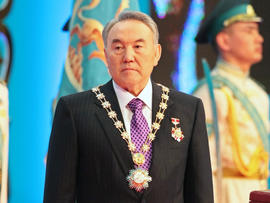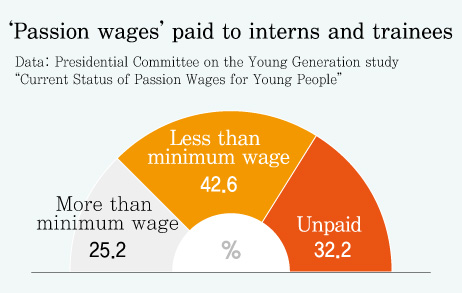
President Nursultan Nazarbayev, 2011
Kazakh President Nazarbayev has announced a national shift away from the Cyrillic writing system, towards a Latin writing system. The implementation was announced in April of 2017 and expected to start by the new year of 2018, with an end goal of full translation by 2025. The transition is meant to be a movement towards modernization, not a political seperation from Russia – though not all Kazakh characters can be properly translated into Latin characters. The characters that are not available will be marked with an apostrophe, which will make hashtags unviable in many uses.
The education is expected to heavily impact the already slim government funds during an ‘economic slowdown.’ A sum of 3.4 billion dollars has been given to failing National Banks, the GDP of Kazakhstan has been decreasing since 2012 and was at 137 billion for the 2016 year according to World Bank. Citizen opinions are mixed, though this will help foreigners learn Kazakh and possibly help Kazakhs learn the Linga Franca. The possible ramifications are the government expenses; Mukhtar Ablyazov, a Kazakh banker, believes the rapid change may be an attempt to hide larger government issues. Countries such as Korea and China have not needed to give up their alphabet in order to become successful, economically and socially within the 21st century.
Supplemental Works: “Kazakhstan’s Great Alphabetical Distraction · Global Voices.” Global Voices, 18 Apr. 2017, globalvoices.org/2017/04/18/kazakhstans-great-alphabetical-distraction/.
Higgins, Andrew. “Kazakhstan Cheers New Alphabet, Except for All Those Apostrophes.” The New York Times, The New York Times, 15 Jan. 2018, www.nytimes.com/2018/01/15/world/asia/kazakhstan-alphabet-nursultan-nazarbayev.html?rref=collection%2Ftimestopic%2FKazakhstan&action=click&contentCollection=world®ion=stream&module=stream_unit&version=latest&contentPlacement=2&pgtype=collection.
“GDP (Current US$).” GDP (Current US$) | Data, data.worldbank.org/indicator/NY.GDP.MKTP.CD?locations=KZ.
Photo Source: Norman, Joshua. “The world’s enduring dictators: Nursultan A. Nazarbayev, Kazakhstan.” CBS News, CBS Interactive, 19 June 2011, www.cbsnews.com/news/the-worlds-enduring-dictators-nursultan-a-nazarbayev-kazakhstan-19-06-2011/.






